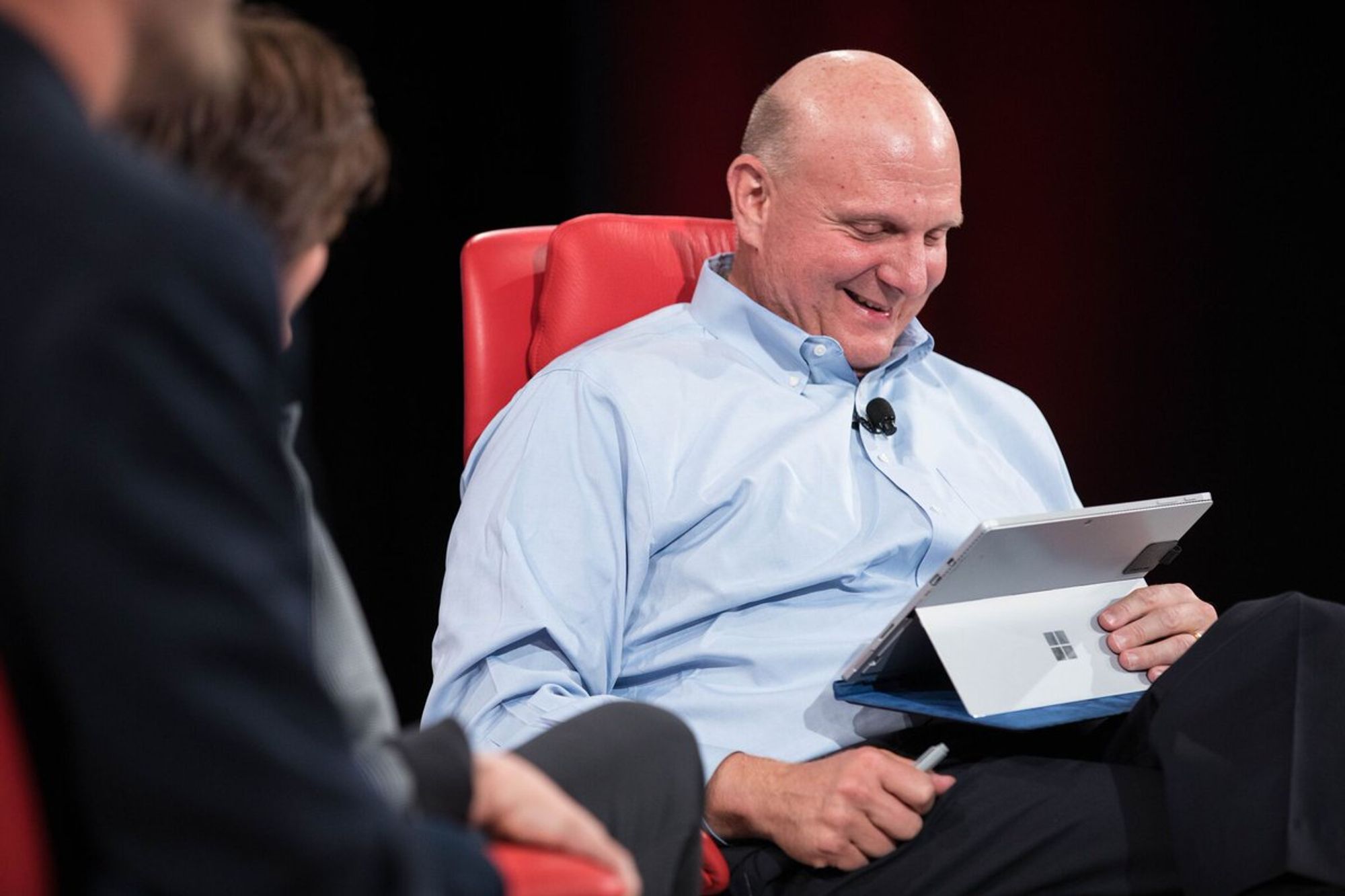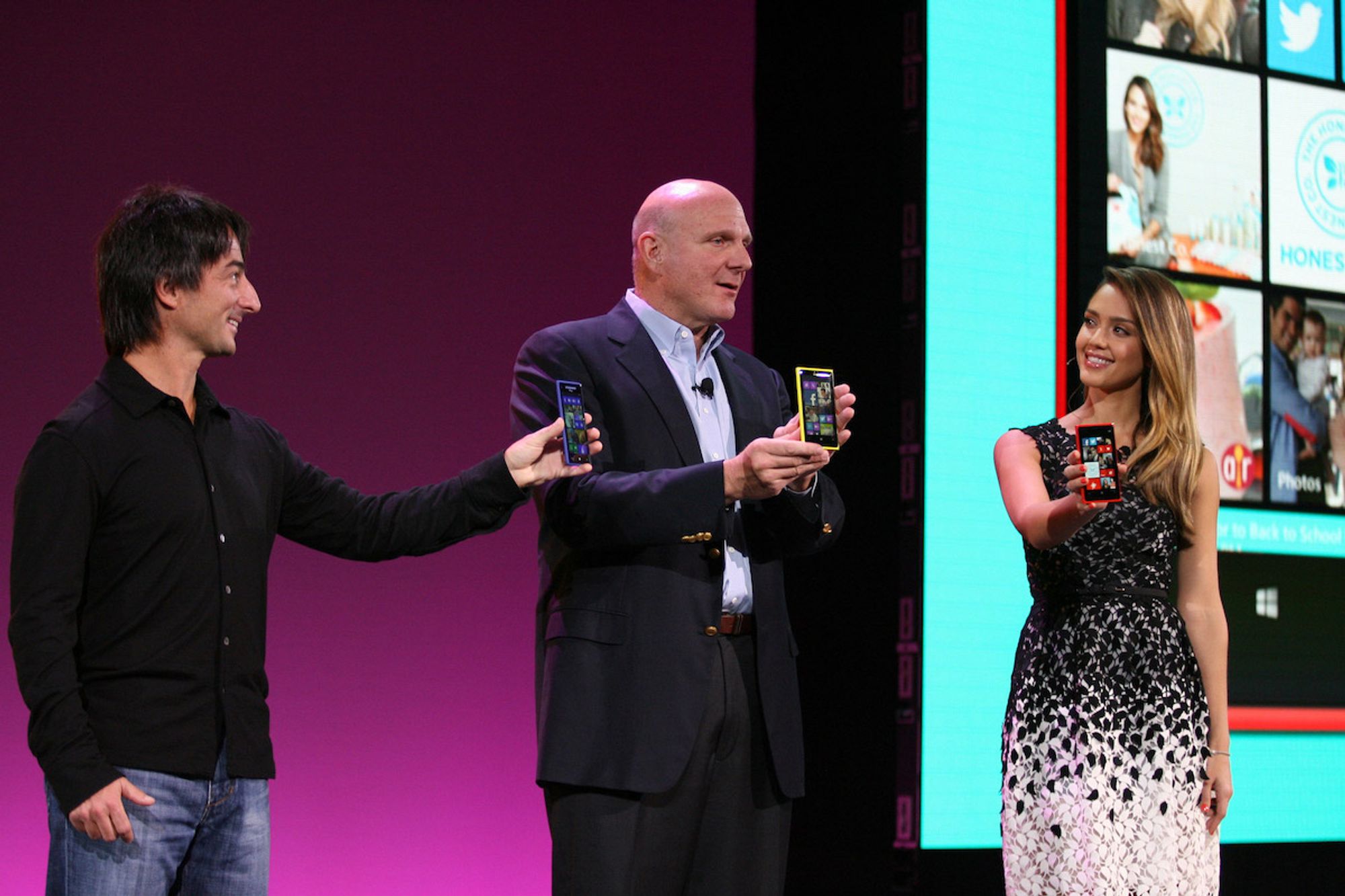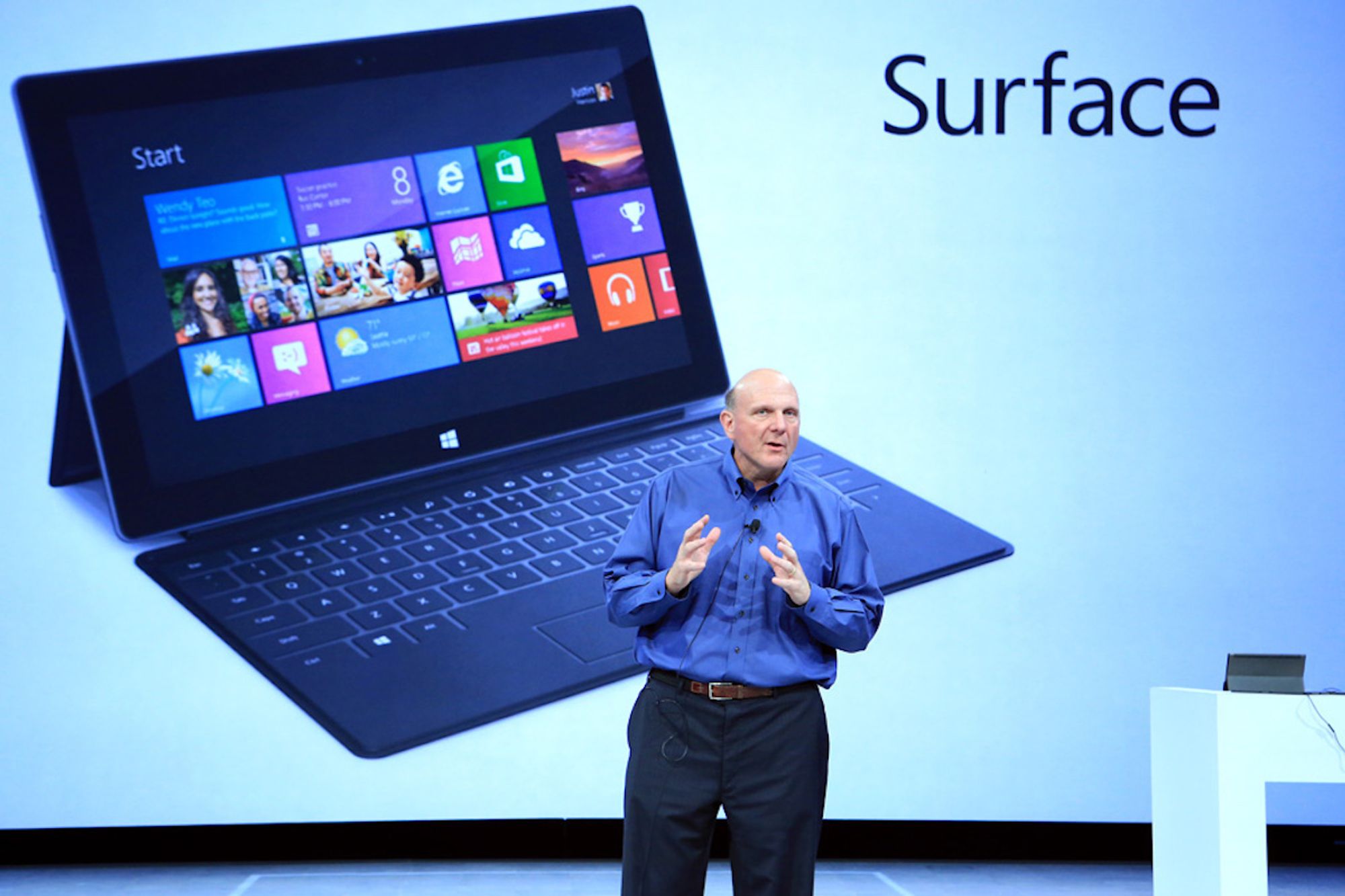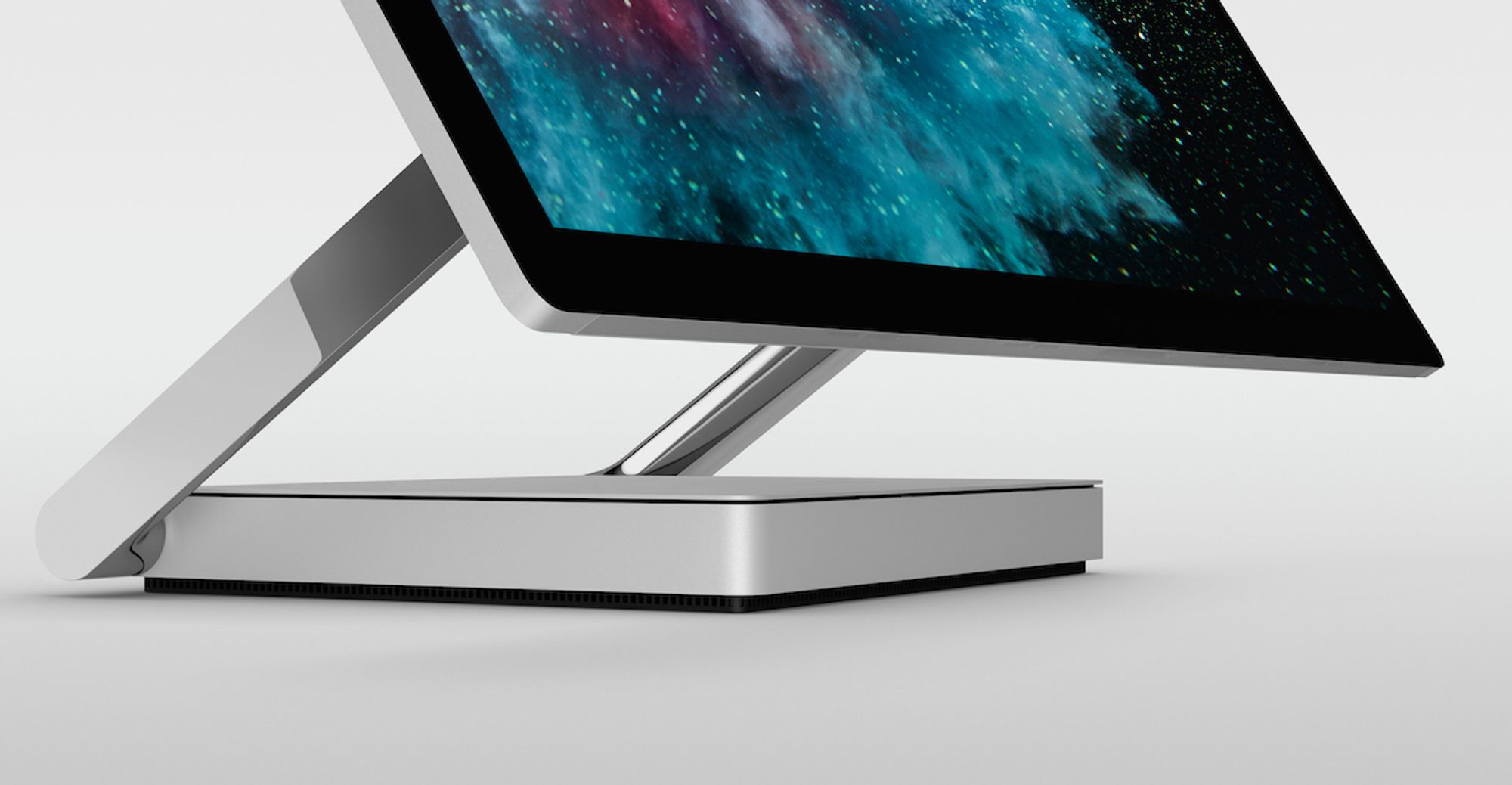
It’s been about five years since Steve Ballmer stepped down as Microsoft CEO and Satya Nadella took his place.
Since then, Microsoft has completely rebranded itself from a boring failure, continually trying to charm consumers and failing, to a Wall Street darling, winning over the cloud and enterprise market.
Before Nadella, Ballmer was chasing the smartphone and tablet markets, burning billions of dollars on Windows Phone and Nokia. He didn’t see the signs, critics said, consumers don’t like Microsoft, and they never will. It’s time for Microsoft to swallow its pride and milk its real cash cows: Office, enterprise, and cloud.
And Nadella did exactly that.
Now, Microsoft’s market cap is off the charts and the company’s employees have a newfound purpose and culture, very much thanks to Nadella’s leadership and vision.

But all this has been said by everyone, over and over and over, and it’s boring and unnecessary to restate all that again here. Instead, let’s talk about the unsung successes of Steve Ballmer.
Ballmer’s stubbornness is almost always seen as a flaw. It’s the reason Microsoft spent $8.5 billion on Skype, a company that had mediocre tech and couldn’t turn a profit despite universal name recognition.

It’s also the reason Ballmer pushed Windows Phone so hard. To him, Microsoft is Windows, and the company needed Windows on every screen, from the desktop, to the phone, to the TV. And when Nokia, the manufacturer responsible for over 90% of Windows Phone’s marketshare, was struggling financially, Ballmer pushed the board to acquire the company for $7.6 billion.
Yeah, that didn’t end well. After Ballmer retired, Nadella laid off most of the Nokia team and exited the mobile market. Billions down the drain.
But here’s where I talk about how Ballmer’s stubbornness actually helped the company.
In any market, there are barriers to entry. For software, the barriers aren’t very high. Anyone can start out small, with low costs, using services like AWS as their infrastructure and later scaling up as needed.
However, hardware is different. Hardware is hard. The barriers to entry are incredibly high, new players have to catch up to old players who have innovated and spent years doing R&D on materials and manufacturing processes. New players simply can’t walk in. There’s no AWS equivalent, if you want to play with the big boys, you need lots of cash and patience.

Ballmer, for all his flaws, had both cash and patience. He was so passionate about Surface, a physical manifestation of Windows, that he fought the board, and fought Bill Gates, so that Surface could happen. He spent billions of dollars into manufacturing R&D and built a hardware team from scratch. Any less effort and patience would have resulted in failure.
No reasonable person would have done this. Nadella would not have. He wouldn’t have green-lit the project in the first place if he was in charge.

Fast forward a few years, Surface is a success. It has a strong brand and a ridiculous amount of R&D and manufacturing knowhow. It can rival Apple on this front — something even Samsung cannot. Surface has innovated so much with manufacturing tech (pioneering magnesium), with crazy novel hinges, screen technology, and on and on.
Yes, the future of Microsoft will always be software. But it doesn’t hurt that Microsoft now has sweet hardware prowess. And that is all thanks to Steve Ballmer, who doesn’t get enough praise, and never will.
Ballmer will always be the guy that laughed at the iPhone, the guy responsible for Vista, and the guy that ran around sweating and screaming like a crazy person.
But hopefully, we can remember some good things, like how he singlehandedly made Surface happen. So if you love good hardware and believe competition is good — after all, no one wants to live in a world where only Apple can make great products — you should give Ballmer some credit.
Hardware is hard, and we need more players.
So thank you, Steve.